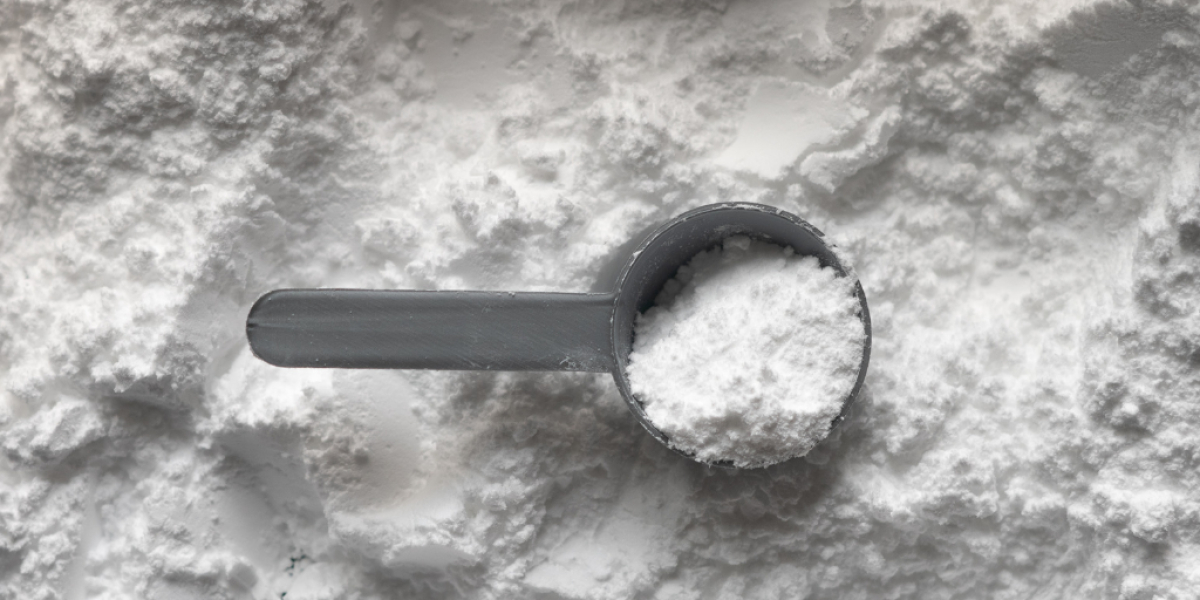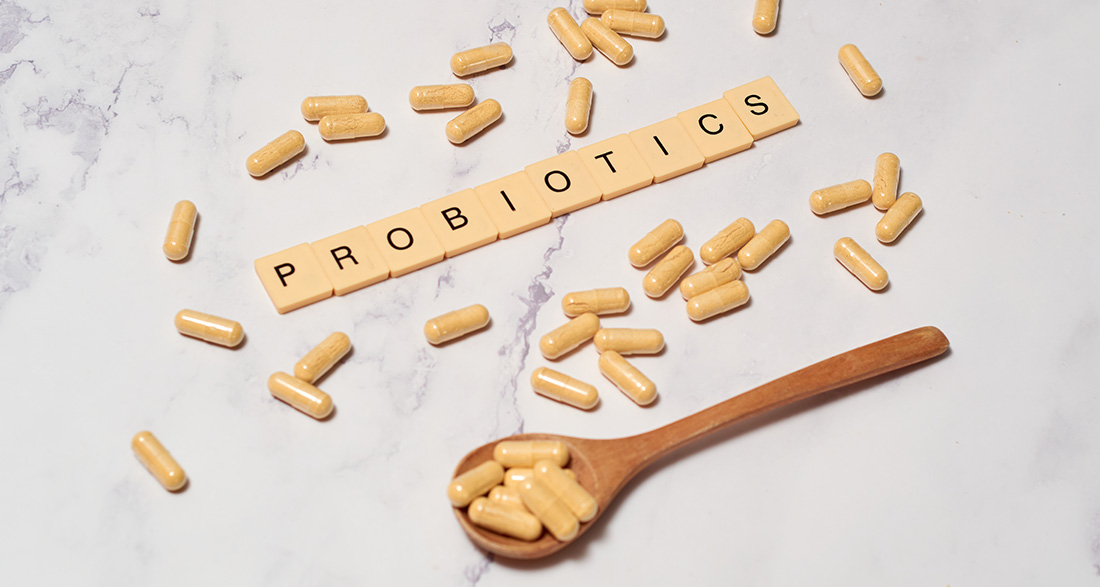The intestine plays a crucial role in the health of every animal, with 80% of all immune cells residing there. But how can we support it when it doesn’t function as it should, leading to digestive issues like diarrhea in our pets? In such cases, probiotics are often recommended as true miracles for digestion, but what exactly are they?
Here you’ll find all the information about probiotics for dogs – the small helpers with a significant impact!
What Are Probiotics?
Probiotics, according to the WHO, are “live microorganisms that confer a health benefit on the host when administered in adequate amounts.” In this case, the host refers to our dog or cat. These microorganisms naturally exist in the intestines of quadrupeds, ensuring a balanced intestinal flora.
The most well-known and health-promoting among them are the lactic acid bacteria, including strains such as Lactobacilli, Bifidobacteria, or Enterococci, as well as yeast cultures like Saccharomyces boulardii. Unfortunately, the balance of these beneficial bacteria—and thus the intestinal flora—can be disrupted, for example, due to stress or antibiotics.
Therefore, for a well-functioning gut, it’s essential to supplement these microorganisms. This can be done, for example, in the form of tablets or powder, available as dietary supplements or medications.
How Can Probiotics Help Dogs with Digestion?
The Problem: Imbalance in Pet Gut Flora:
The gut flora, also known as the microbiome, encompasses all bacteria and other microorganisms living in the digestive tract. It performs vital functions in the animal’s body, including the digestion of food and the elimination of undigested and harmful substances. To maintain these functions and overall well-being, optimal colonization of microorganisms in the animal’s gut flora is crucial.
However, this balance between different gut inhabitants can be disrupted by factors such as incompatible food, stress, antibiotic treatments, irritable bowel syndrome, or similar issues. Digestive disorders like diarrhea, bloating, and fullness, allergies, and even chronic inflammations can be the result.
The body of our pet tries to rid itself of harmful or foreign substances as quickly as possible, leading to increased bowel movements, often accompanied by very soft or liquid stool.
The Solution: Stabilization through Probiotics
Probiotics are used to increase and stabilize the number of desirable bacteria in the gut. They restore the balance of the gut flora and alleviate the digestive issues caused. Therefore, for probiotic efficacy, it is essential that the beneficial bacteria are ingested in sufficient concentration. In probiotic products, both the correct dosage recommendation and the indication of the number of bacteria per strain are crucial aspects.
Since probiotics can also be killed in the stomach, they must be particularly resistant to stomach and bile acids as well as digestive enzymes when present in dietary supplements or medications to reach the gut in sufficient amounts. It is essential for the included strains to have proven high viability and, thus, natural resistance against acids. Additionally, prebiotics like inulin in the product can help protect probiotics from degradation by stomach and bile secretions (you can learn more about prebiotics in the “Difference from Prebiotics” section). Capsules with special coatings can also provide protection against gastric juices.
How Do Probiotics Work in Dogs?
To exert their effects, probiotics adhere to the intestinal wall, colonize the area, and support the intestinal flora and existing gut inhabitants. They displace harmful germs, prevent the entry of detrimental bacteria, viruses, or parasites, and enhance the activity of specific immune cells. Thus, they regulate digestion, support the immune system in the gut, and can have an overall positive impact on the body’s defense mechanisms.
However, it’s important to note that each strain has specific health benefits, and the effectiveness of probiotics varies from strain to strain. Therefore, for each condition, it must be individually decided which probiotic may be suitable for healing. A veterinarian or nutrition consultant can assist in the diagnosis and may conduct tests to determine the cause of the problem. Also, products containing a variety of strains that support both the small and large intestines can achieve broad effectiveness.

Difference Between Probiotics and Prebiotics
Prebiotics encompass a specific group of non-digestible fibers that do not represent living organisms, unlike probiotics. They can serve to protect probiotic bacteria from stomach and bile acids on their way to the intestine, allowing optimal colonization and growth there. Moreover, they selectively increase the growth and activity of beneficial bacterial species in the gut, enhancing their survivability, particularly that of Bifidobacteria.
Examples of such fibers include sugar molecules like inulin and oligofructose. By promoting the growth of desired gut inhabitants, potentially harmful bacterial species and viruses have fewer chances to proliferate in the gut. Thus, taking prebiotics has a positive effect on the digestion and immune system of cats or dogs.
What to Consider
Probiotics are a great support for our four-legged friends when dealing with digestive issues. Especially after antibiotic treatments or in cases of diarrhea caused by factors like incompatible food, they can restore the gut of our pets.
When selecting the right product, it is crucial that the included bacteria are present in sufficient quantities and can reach the gut, meaning they are resistant to all acids in the body. Additionally, they should be tailored to the individual problem, as each strain has a different effect.
Therefore, products that combine a variety of different strains, especially those including both small and large intestine-specific cultures, are particularly effective. Furthermore, a combination with prebiotics like inulin or oligofructose, naturally found in grains or chicory, enhances the effectiveness.
If you have questions about probiotics or are unsure about choosing the right product, our veterinarians are always available to provide professional advice.
Frequently Asked Questions
Which worms does deworming medication target?
There are various treatments for different worm infections. If you need a recommendation, feel free to reach out to us. Otherwise, you can find more detailed information about the spectrum of action of each medication on the product pages.
How often should I deworm my pet?
The frequency of administering a broad-spectrum anthelmintic or conducting a worm test for your dog or cat depends on individual circumstances and habits.
Depending on your pet’s age, diet, and living conditions, their risk of getting infected with worms varies. You can find more information about worms in cats or deworming in dogs in the iHugDogs guide.


